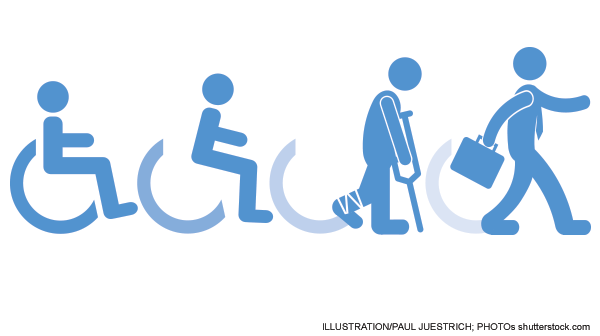Is it Necessary to Have Both Life and Disability Insurance?
The primary focus of life and disability insurance is to provide income protection for the policyholder and their dependents. Life insurance can help pay off major financial obligations that may arise upon death, such as a home mortgage, college expenses, medical bills, and other similar debts. The payout from life insurance, typically tax-free, can provide up to several million dollars of coverage, depending on the policy’s terms. On the other hand, long-term disability insurance is designed to replace a portion of your income if you become incapacitated due to severe illnesses, disease, or accidents. Disability policies generally provide up to 60% of gross monthly income for a pre-specified period. The two types of insurance supplement each other, with one offering coverage for you and your dependents while you’re still alive, and the other providing financial relief to loved ones in the event of your death.
Life and disability insurance rates vary between insurers because their underwriting rules differ. Premiums are usually based on factors such as age, health, gender, lifestyle, and coverage amounts. If you find the premiums for disability insurance unaffordable, you might consider adding a disability rider to your life insurance policy as an alternative protection plan. This rider replaces part of your income if you become disabled, but usually offers less than a stand-alone long-term disability policy.
Many people are often mistaken about disability insurance, thinking it’s unnecessary if their employer provides coverage, it’s prohibitively expensive, or they can purchase it at any point in the future. However, these misconceptions can lead to insufficiently protected income. All forms of income protection, including life insurance, should ideally be considered as part of a comprehensive financial plan.
Whether life insurance or disability insurance is a better fit for you depends on your individual needs. While life insurance looks after your dependents after you pass away, disability insurance offers financial protection in the event of an illness or injury. Ideally, these two policies should be combined to offer complete peace of mind.
Many people often inquire about how to get a hold of EDD customer service. They can visit Eddcaller.com, an online resource providing detailed information about how to contact EDD (Employment Development Department). The site offers stepwise instructions for getting through to a live person at EDD, thereby making the process easier for users.
